Creating vitality
Guo is among the 43,000 newly recruited volunteers this year under a State-level program that aims to foster vitality in some of China's lesser-developed grassroots areas such as Xinjiang and the Xizang autonomous region as well as Guizhou and Sichuan provinces.
Most of these locations are in western China, giving it the name "Xibu Jihua", or "Westward Project".
The bumper number of volunteers this year comes in the wake of some 30,000 last year and 36,700 in 2022, according to the Communist Youth League of China.
Since 2003, the program run by the youth league, the Ministry of Education, the Ministry of Finance, and the Ministry of Human Resources and Social Security, has signed up college graduates and postgraduate students to volunteer in grassroots positions in education, healthcare, agriculture and civil services for one to three years.
The program aims to encourage young people with good educational backgrounds to volunteer and enable others to share the benefits of social advancement. It also enables the younger generation to gain a stronger sense of social responsibility and learn new working skills to foster more sound and sustainable socioeconomic development.
Over 540,000 college graduates and postgraduate students have signed up over the past 21 years to perform voluntary services in 2,000-plus counties, cities or districts, injecting new life and ideas into the nation's rural areas.
Those who sign up for the program receive free accommodation and a living allowance, which is usually around 3,000 yuan to 4,000 yuan ($417 to $556) per month. The volunteers also earn extra credit for future civil service or postgraduate admission exams.
This year in Hami prefecture, there were 614 positions available for volunteers, an increase of 128 percent from last year, according to the prefecture's youth league.
Happy-go-lucky Jia Ao, 22, who is also volunteering in Santanghu, has gained over 10 kilograms in weight since taking up his post in July, claiming the mouthwatering food and family atmosphere as being "a little bit too irresistible".
"I'm just an average guy with no superpower. Maybe I won't settle down here for the rest of my life, but I hope the happiness and the vitality of us young people can inspire and encourage the local people," he said.
Gui Kexin and his friend Yang Xiaolong are both 23 and new graduates from Tianjin Normal University. They've been serving as volunteer teachers at a junior high school in Hami prefecture.
"It's a novel experience for me, as I doubt I'd ever get the chance to work as a teacher in Xinjiang if I hadn't joined the program," said Gui, who admitted it took him some time to adapt to his new role as a geography teacher after arriving in July.
Yang, who teaches mathematics at the school, said that he would have regretted it if he hadn't signed up for the program. "I was preparing for the postgraduate admission examination before making up my mind to join the campaign. I was vacillating about my decision for a whole week before I got my admission to Xinjiang, and I told myself that my life will not have infinite possibilities if I don't take a step to explore, so here I am."
With the volunteer services, Gui and Yang will qualify for postgraduate recommendation at Tianjin Normal University and will be back on campus next year.
Lyu Xueheng suspended his postgraduate study at Shanghai Tech University to put his talent for computer science to good use as a volunteer in Hami.
He is now involved in developing a WeChat mini program focusing on agricultural cold storage in the prefecture.
"Hami is the origin of delicious cantaloupes, and there have been challenges in keeping them fresh. I'm very pleased that what I'm doing will help the local farmers better store and transport their cantaloupes after the WeChat mini program goes live," he said, adding that he is also planning to help out with developing the use of artificial intelligence to monitor wind turbines in Hami.








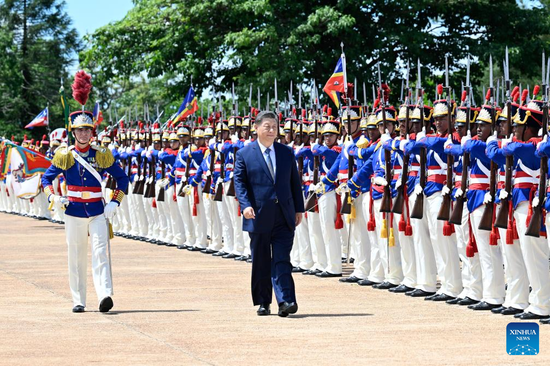
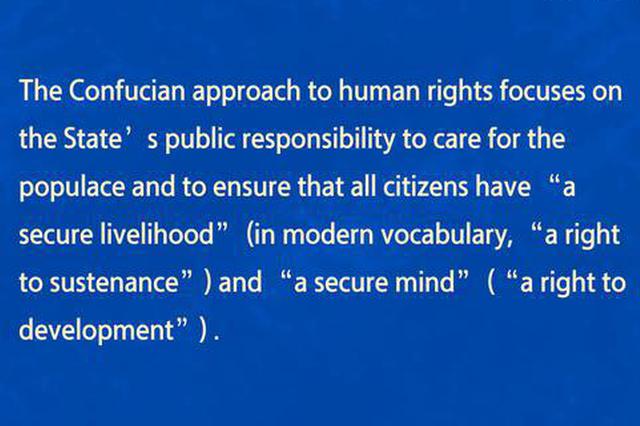




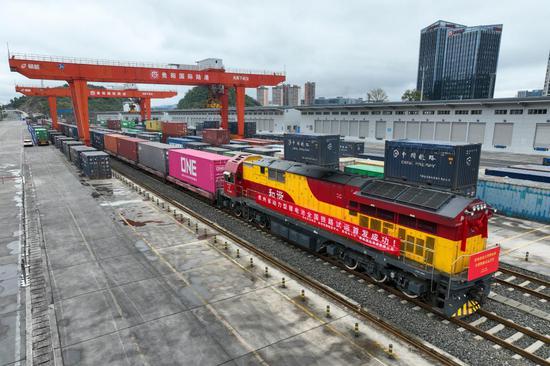








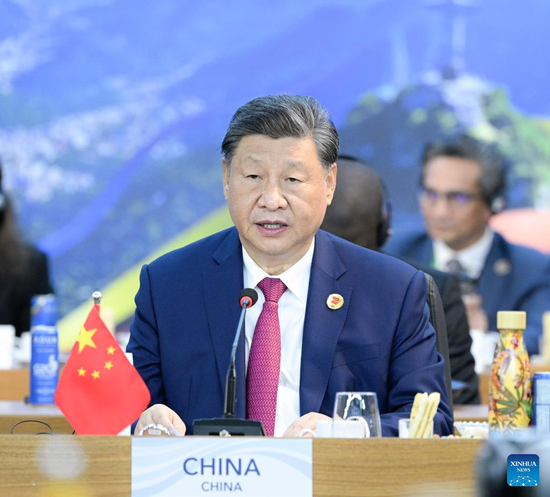



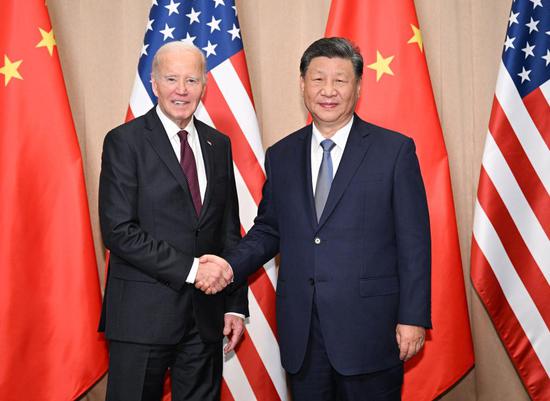
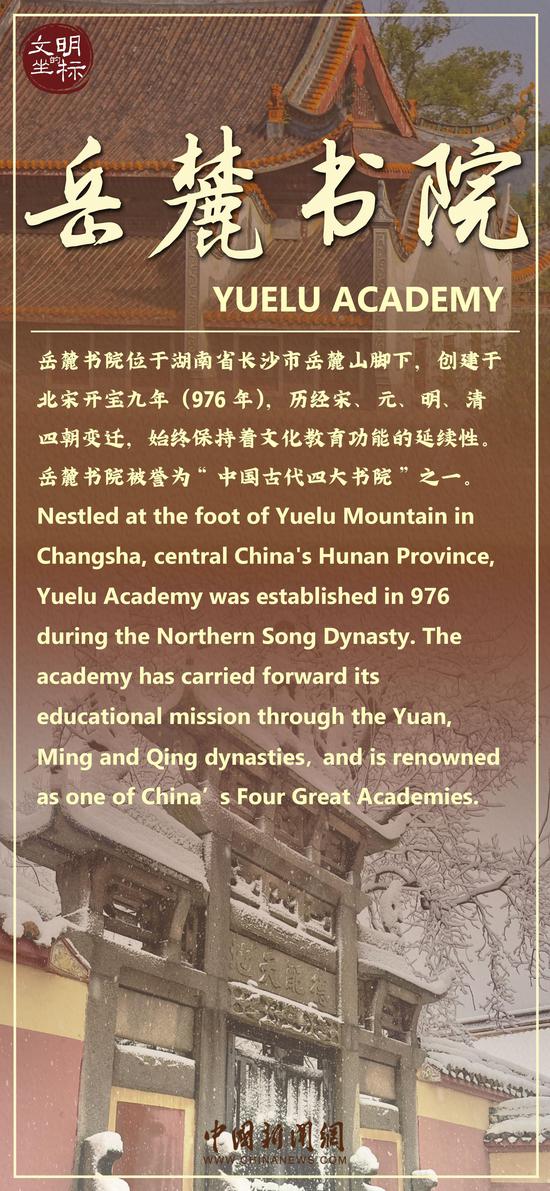

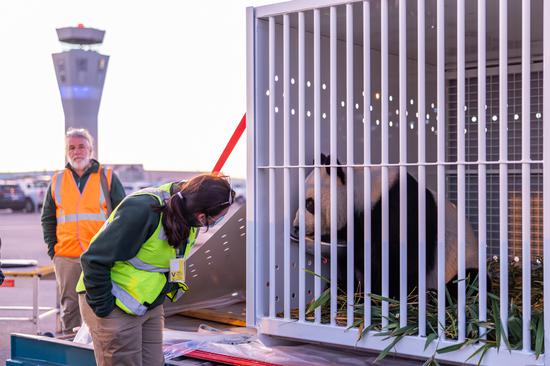


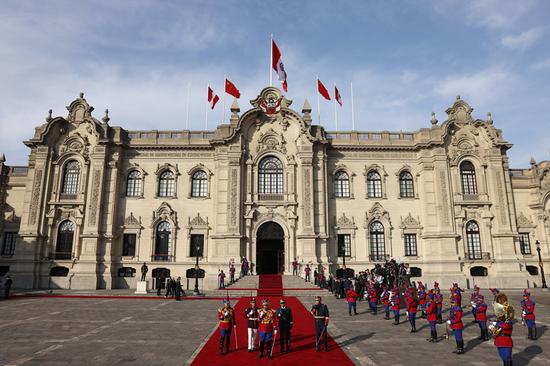



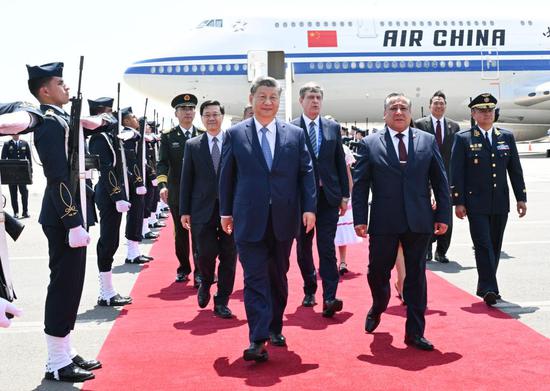












 京公网安备 11010202009201号
京公网安备 11010202009201号